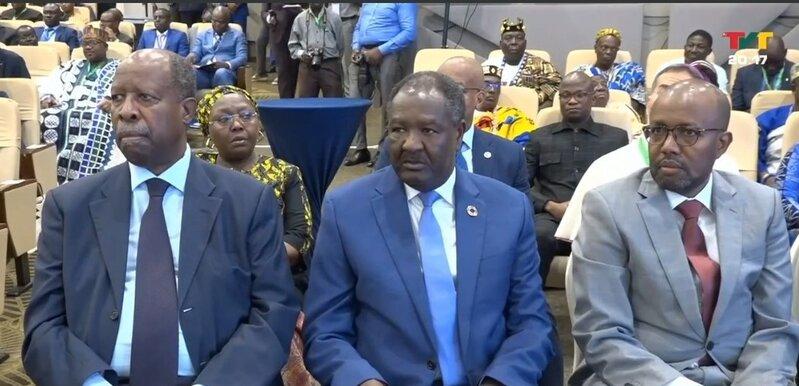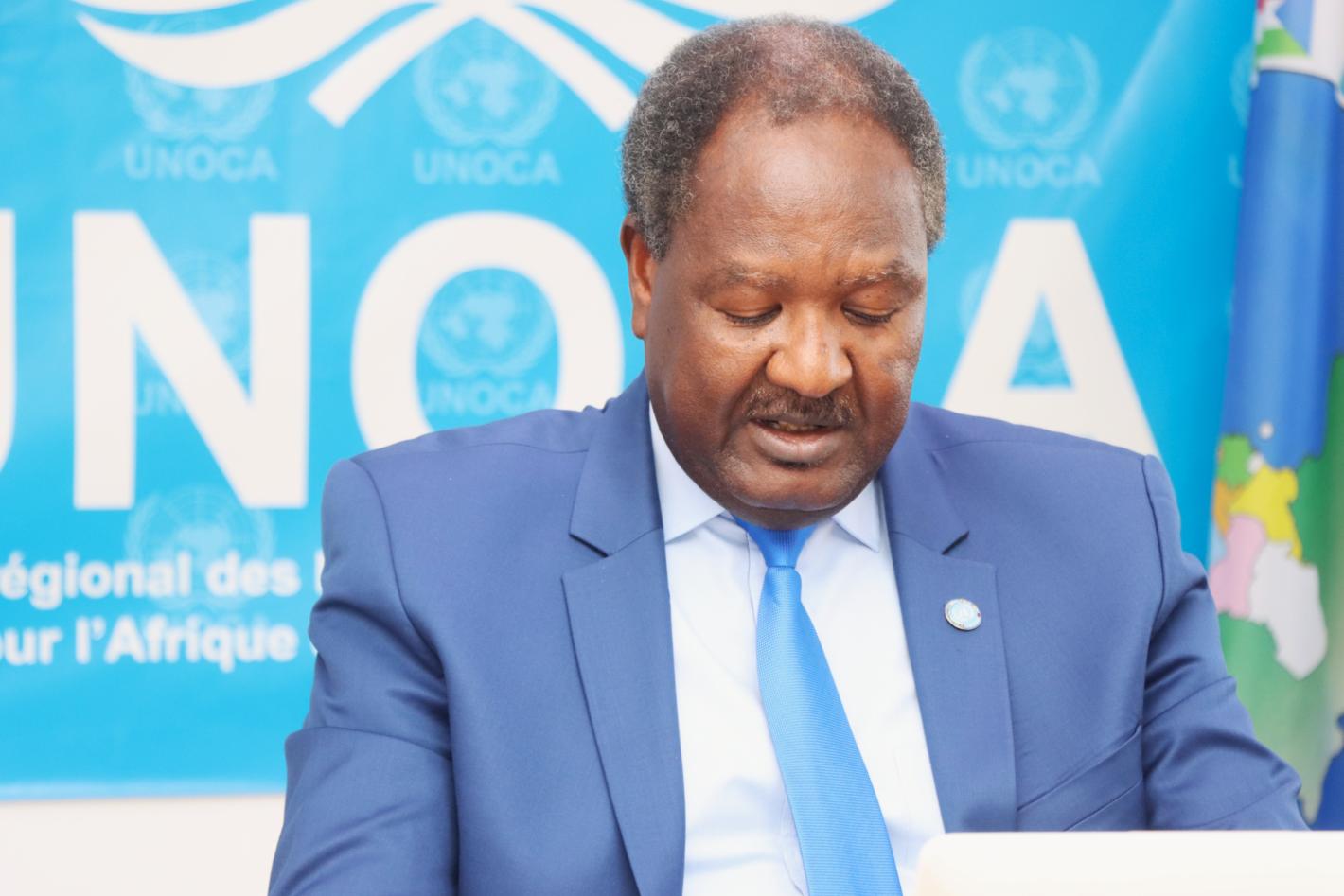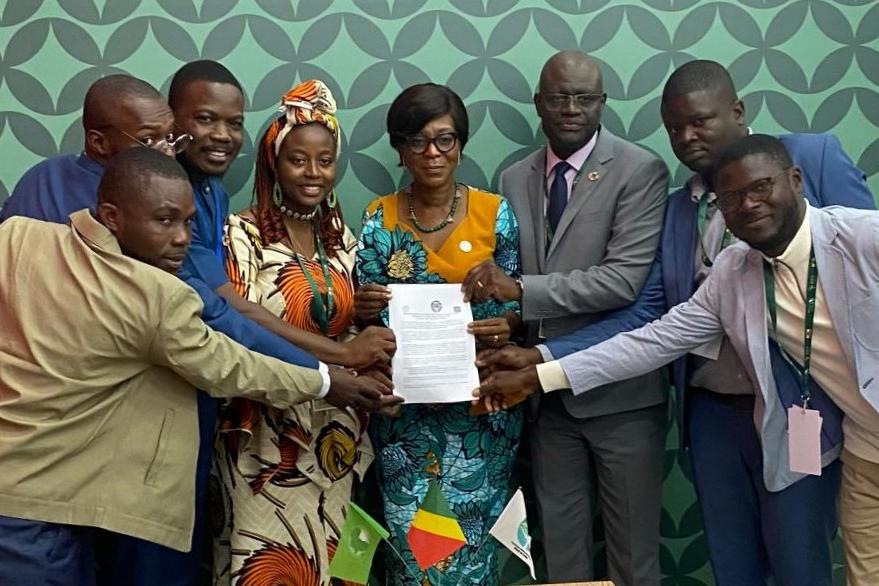“How to strengthen political transitions towards democratic governance in Africa? ". This is the theme of the inaugural “Lomé Peace and Security Forum”, the official opening ceremony of which was chaired on 21 October 2023 in the Togolese capital by Prime Minister Victoire Tomegah Sidémého Dogbe. The ceremony took place in the presence of several political, diplomatic and scientific personalities, as well as senior United Nations officials, including the Special Representative of the UN Secretary-General for West Africa and the Sahel, Leonardo Santos Simão, and the Special Representative of the UN Secretary-General for Central Africa, Abdou Abarry. The latter subsequently took part in the panel on “political and security challenges hindering the political transition towards democratic governance.” He underlined the importance of this initiative by Togo in a context marked not only by "the worrying resurgence of non-constitutional changes of government” but also by "a declining confidence in government and a weakening of the rule of law.”

Beyond challenges linked to armed conflicts or the presence of armed groups, terrorism and transnational organized crime, Mr. Abarry highlighted those related to weak state institutions, ethnic and religious divisions, the influence of external actors, and corruption. He deplored the absence of a clear and shared vision of the future, and stressed that other major factors can hinder the success of a political transition, including “its duration and lack of inclusiveness.”
Promoting “a real change”
Mr. Abarry noted that, while there is no “optimal duration” of a transition process, “short transitions can be more disruptive and long transitions can be more difficult to maintain.” Regardless, the Head of the United Nations Regional Office for Central Africa (UNOCA) believes that the participation of representatives of all segments of society is essential in transition processes, including civil society, political parties, women, youth and marginalized groups. “Transitions […] provide opportunities for public dialogue and debate, and other mechanisms that allow people to express their concerns and ideas,” he explained. As such, transitions can promote “a real change” as they can be opportunities to “initiate bold reforms,” concluded the Special Representative.
The panel in which Mr. Abarry participated also included Mahamat Saleh Annadif (Chadian Minister of State for Foreign Affairs), Morten Boas (Research Professor at the Norwegian Institute of International Affairs), Catherine Evans (Director of European Affairs and African Women at Independent Diplomat - a non-profit advisory group) and Natatscha Hryckow (Associate Researcher at the Geneva Center for Security Policy). This panel was moderated by Moeed W. Yusuf, Vice President of Beaconhouse National University and former National Security Advisor of Pakistan.





